Photos courtesy of Tibet House
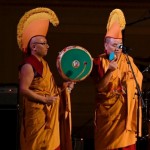
An exercise in diversity, the Annual Tibet House US Benefit Concert & Gala draws a well-educated, high-profile audience not only on the strength of its mission, but by the quality of the talent onstage. This year Tibetan Monks in traditional garb chanting prayers were followed by remarks by a renowned Tibetan Buddhist scholar and an influential minimalist musical composer, followed by an electronic performance of, essentially, feedback from Lou Reed’s old guitars and some amps. If any of this sounds dull, think again—and the party was just getting started.
Laurie Anderson, Lou Reed’s widow, played violin and performed spoken word with both cellist Rubin Kodheli and composer Philip Glass on piano; the moving “This Is the Time Coda” proved to be a highlight of the evening.
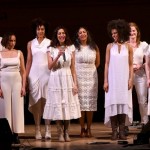
Starting out with a lone woman in white onstage, the rest of the Resistance Revival Chorus filed in from the back of the house, up through the aisles and onto stage where they sang strong, joyous, a capella harmony about peace and, well, harmony.
Sweet-voiced Phoebe Bridgers began one of two traditional Americana songs backed by a female string quartet, then called out a full band, complete with cornet. Lanky Matt Berninger joined Bridgers for one song together, then sang solo, backed by the band. Arms crossing and uncrossing, he walked among the musicians like a professor inspecting his class.
Back to Eastern culture with Tenzin Choegyal (a musician and Laurie Anderson collaborator, not to be confused with the Dalai Lama’s youngest brother of the same name), who chanted and sang while playing the dranyen, a traditional Tibetan stringed instrument.
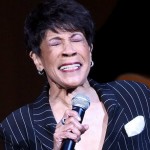
Blueswoman extraordinaire Bettye LaVette strutted her stuff, starting out with “The Times They Are A Changin’” styled into a forceful blues song with a different tune than the one Bob Dylan wrote. She followed up with George Harrison’s moving “Isn’t It A Pity,” and by her third and final song the house was on its feet.
Sandra Oh brought us back to Earth gently, reciting a poem, “When the Light appears,” by poet Allen Ginsberg, accompanied by Glass on piano and Kodheli on cello.
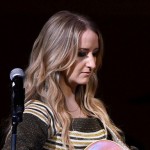
Country artist Margo Price proved, once and for all, that if you have the pipes and the song you don’t need much else. With lines like “Sometimes being human feels like a disease, but it’s better than nothin’ at all,” softly accompanied by her own guitar and that of her guitarist husband, Jeremy Ivey, on a hollowbody, but that’s all she needed. She followed up with “I’d Die for You,” with soft strings and piano, basically unadorned, and it was even better. Proving she could has muscle, too, Patti Smith’s band came out to join, and Price rocked.
Iggy Pop came next, limping slightly, but ready to rock. Throwing a mike stand, a chair and his own clothing off the set, he performed a Lou Reed poem, “We Are the People,” with Reed’s widow, Laurie Anderson. Rolling on the floor, sticking out his bare midsection and flirting with the first few rows of the audience, we got a dose of “I Wanna Be Your Dog,” The Stooges’ 1969 hit, evidently familiar to all in the audience regardless of the decade of their birth.
Patti Smith, punk’s Poet Laureate, arrived to a huge hand from the audience and left after three song to an even bigger hand. She dedicated her first tune, “About a Boy,” to Kurt Cobain; the second, “Don’t Say Nothin’,” she explained, was about Allen Ginsberg’s dying. The evening ended on a more positive note, thankfully, with the ensemble very melodically shouting out “People Have the Power,” during which Patti and other kept urging us all to USE! YOUR! VOICE!.
In addition to a remarkably entertaining evening, everyone in the audience came away with several useful examples of how to do exactly that: Use your voice.




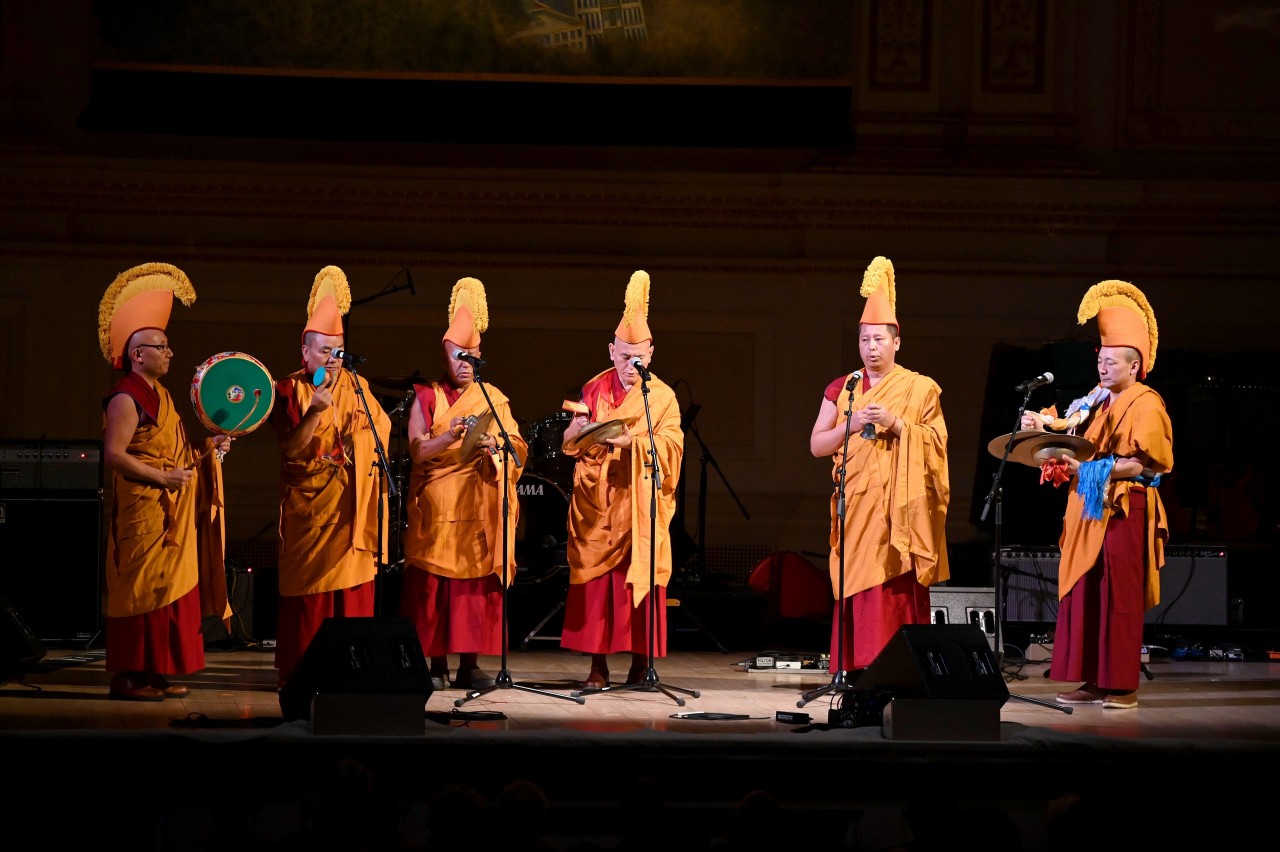


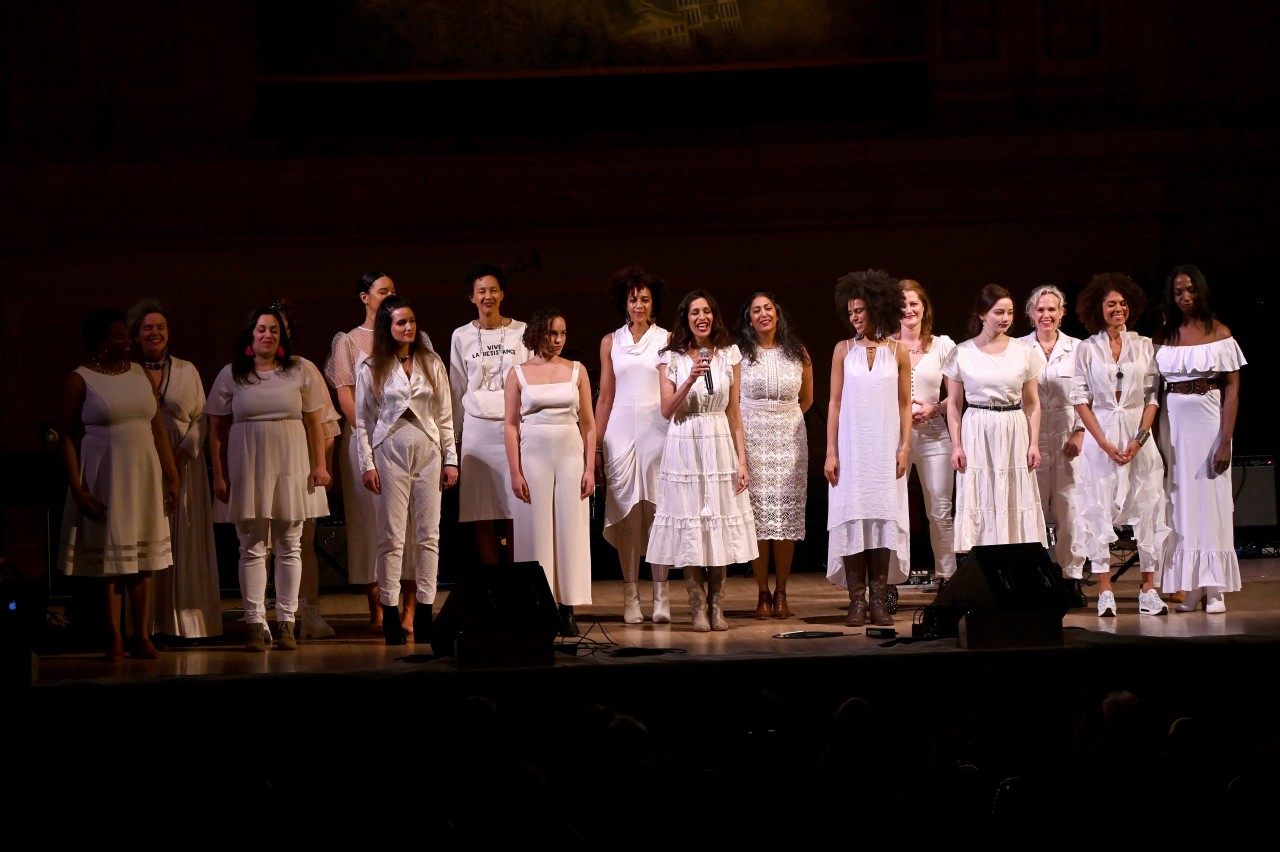





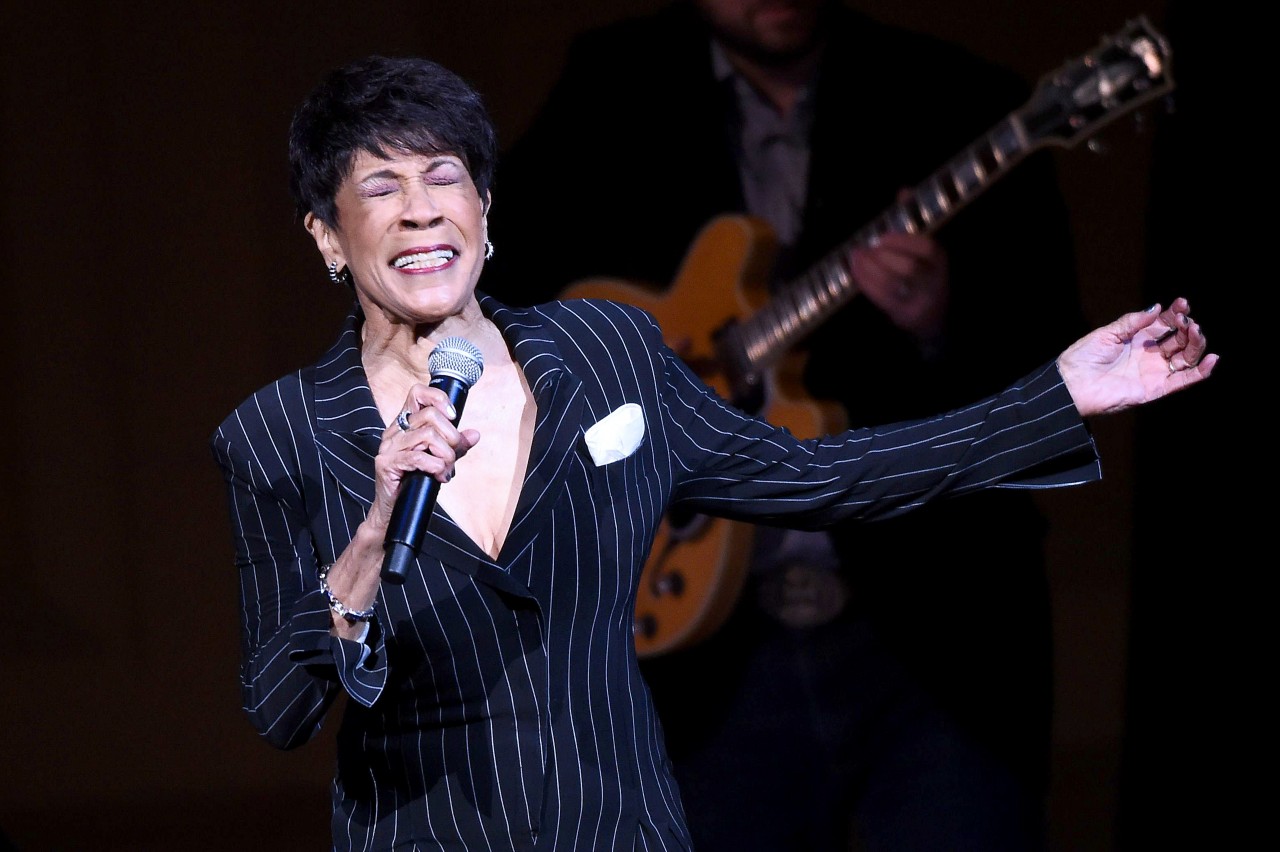
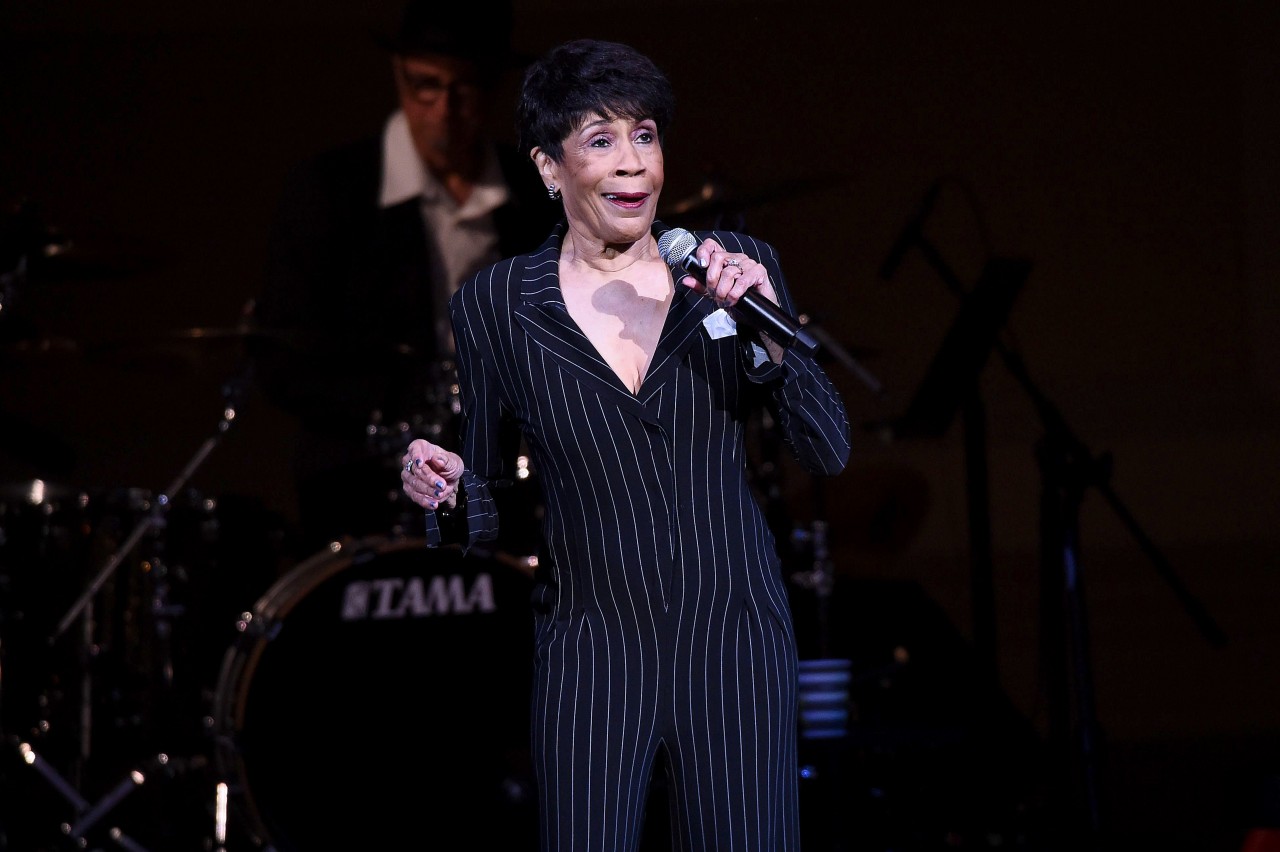
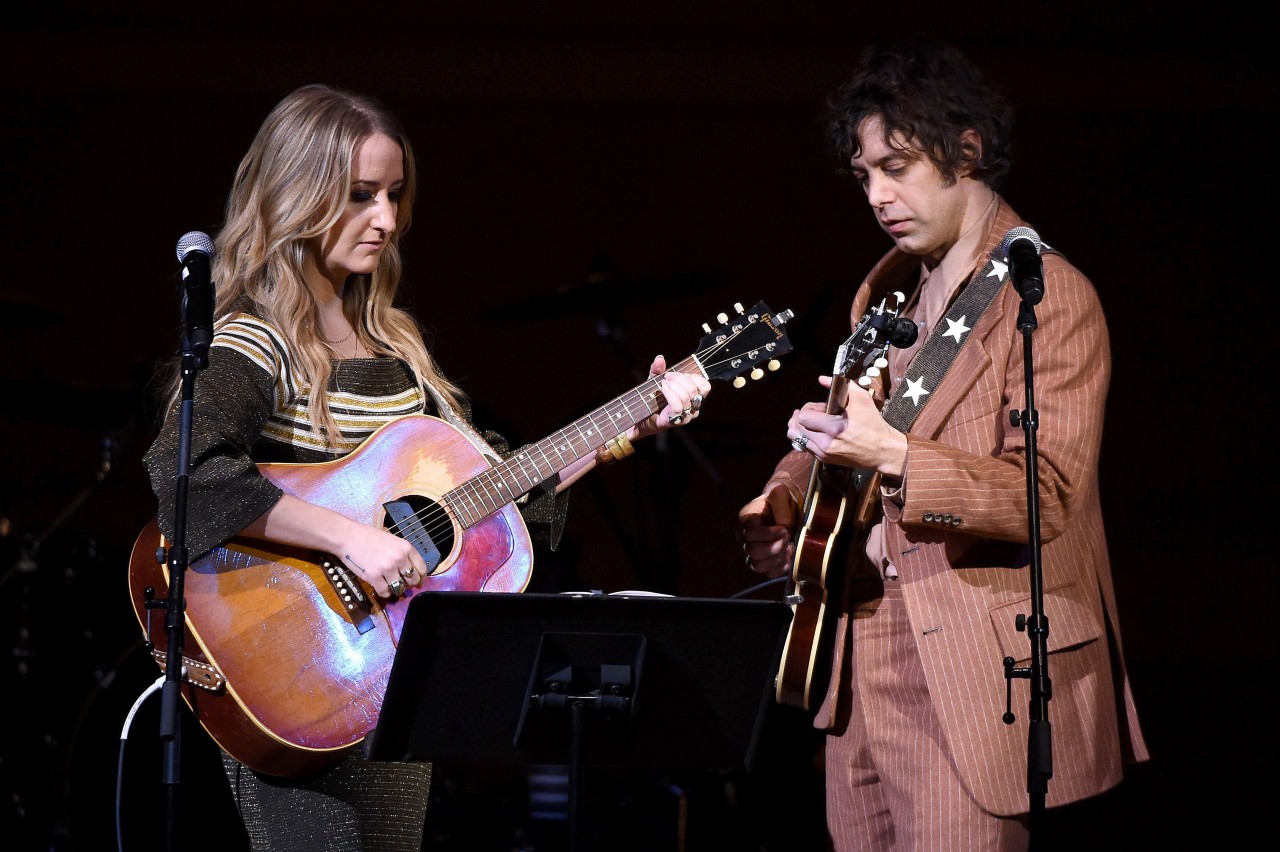



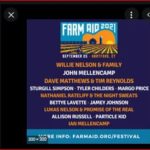
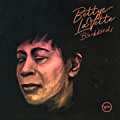
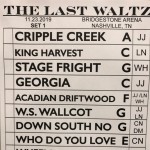
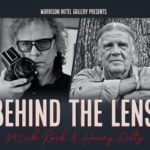

Be the first to comment!